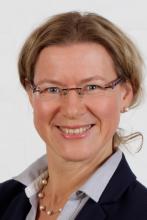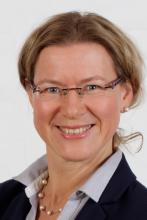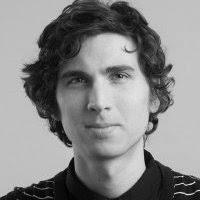LiFT Politics project experiments with SenseMaker tools to enliven the Conference on the Future of Europe
In the context of our Leadership for Transition (LiFT) Politics project, we are happy to intensify our cooperation with Citizens Take Over Europe (CTOE) and the Cynefin Center as part of our exploration of how novel integral tools can deepen democracy and decision-making.





